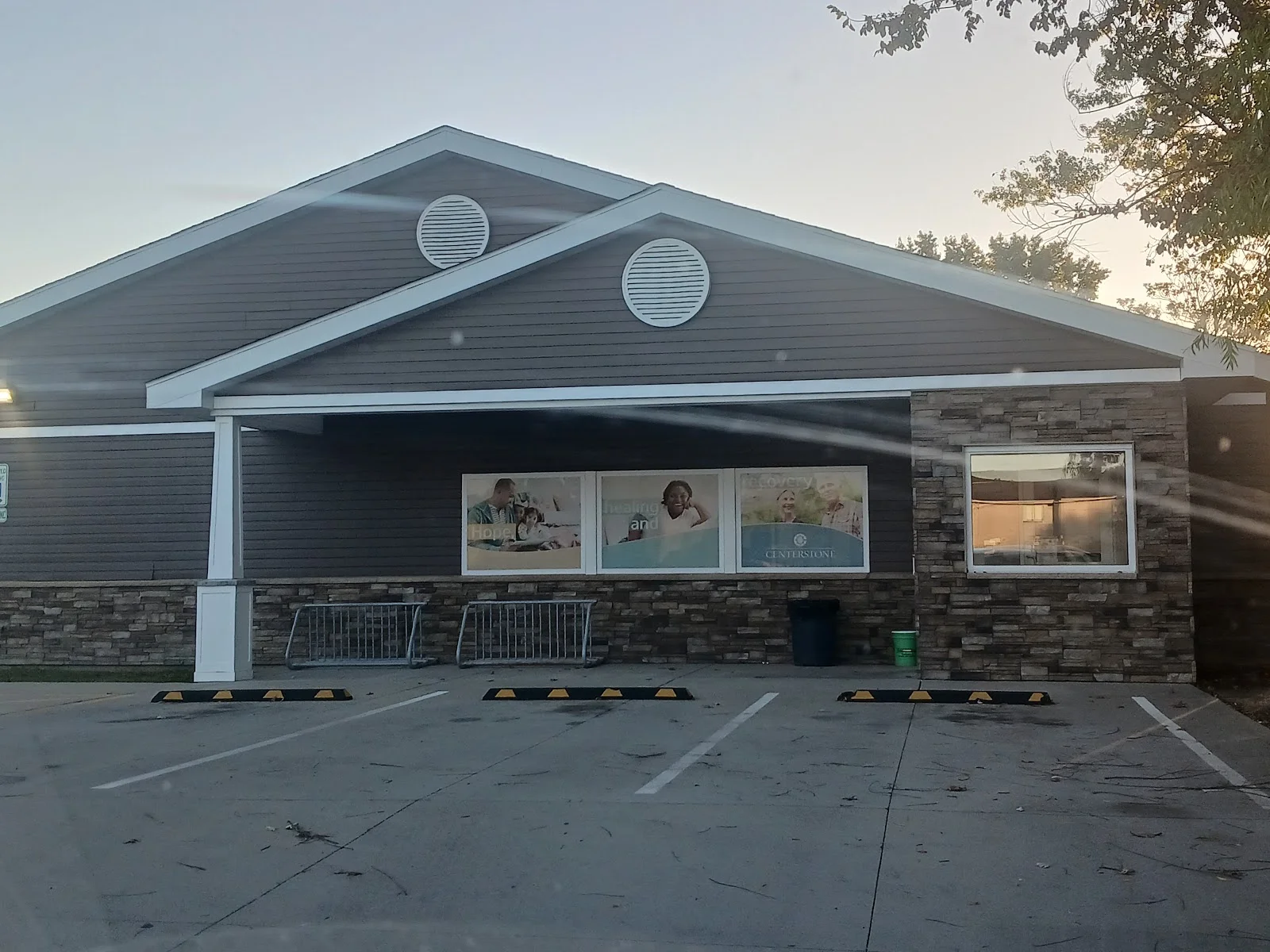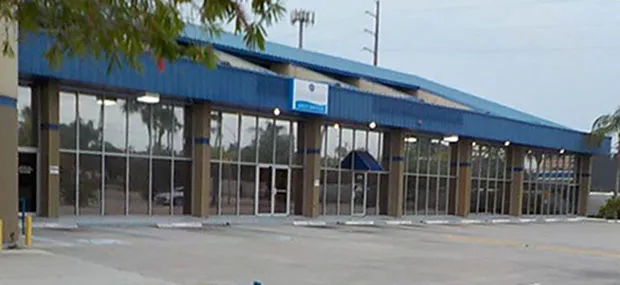Situated in Cookeville, Tennessee, Generations Mental Health Center is a private rehabilitation center committed to provide all-encompassing treatment to those coping with mental health concerns and dual diagnosis. The facility is renowned for treating the whole person, acknowledging that behavioral health issues and mental health issues often overlap. This method guarantees that every client gets individualized treatment that is catered to their unique requirements, creating a therapeutic and supportive atmosphere.
The goal of Generations Mental Health Center is to provide a warm, comfortable environment where people may explore and deal with the complexity of their mental health. Understanding each client's particular circumstances is key to the facility's therapeutic philosophy, which enables the creation of customized treatment regimens. A variety of therapy methods intended to support long-term healing and mental wellbeing are often included in these programs.
The center's interdisciplinary staff of experts collaborates to provide a variety of services designed to assist clients in achieving stability and enhancing their quality of life. This covers long-term support over the course of treatment, pharmaceutical management, and intense therapy sessions. Generations Mental Health Center works to enable clients to overcome obstacles and lead satisfying lives by concurrently treating co-occurring illnesses and mental health issues.
In order to guarantee that those in need may receive their services, Generations Mental Health Center is also dedicated to cost and accessibility. The facility, which prioritizes the health and well-being of the community, is essential in helping people on their path to mental wellbeing.
Centerstone 720 North Marr Road Information
Treatment
Who We Treat
- Children
- Teens / Adolescents
- Adolescents
- Male and Female
- Veterans
Treatment Focus
- Licensed Primary Mental Health
- Drug Addiction
Approaches
- Personalized Treatment
- Evidence-Based
- Family Involvement
- Family Therapy
- Group Therapy
- Cognitive Behavioral Therapy (CBT)
- Motivational Interviewing
- 1-on-1 Counseling
- Nutrition Counseling
- Life Skills Training
- Relapse Prevention Counseling
Conditions We Treat
- Depression
- Bipolar Disorder
- Post Traumatic Stress Disorder (PTSD)
- Trauma
- Bipolar
- Co-Occurring Disorders
Substances We Treat
- Alcohol
- Chronic Relapse
Languages
- English
Aftercare
- Discharge Planning
- Employment Counseling
- Continuing Care
- Employment/Vocational Counseling
- Support Meetings
Level of Care
- Outpatient
- Aftercare/Continuing Care
Experience
On-Site Amenities
- Air-Conditioned Rooms
Smoking and Vaping Policy
- Smoking Allowed in Designated Areas
- Vaping Allowed in Designated Areas
Accreditations
-
State mental health department
State mental health department accreditation refers to the process of evaluating and certifying the quality and standards of a state's mental health department, ensuring that it provides high-quality services and meets specific criteria for mental health care. The accreditation process is performed by a third-party organization and helps to improve the overall care and treatment of individuals with mental health conditions.
-
Commission on Accreditation of Rehabilitation Facilities (CARF)
CARF accreditation is a prestigious recognition for organizations in rehabilitation and human services. It signifies that an organization meets rigorous quality standards and is committed to providing top-notch care. Achieving CARF accreditation involves a thorough evaluation process, including on-site surveys, to ensure excellence in programs and services. This accreditation boosts an organization's credibility, assures clients and funders of quality, and promotes ongoing improvement in the field of rehabilitation and human services.

-
SAMHSA certification for opioid treatment program (OTP)
SAMHSA's Opioid Treatment Programs (OTP) Accreditation is a rigorous recognition process, signaling an OTP's commitment to high-quality care for those with opioid use disorders. It assures patients, families, and the community that the program adheres to evidence-based practices, maintains a safe environment, and employs qualified staff. This accreditation represents a commitment to addressing the opioid epidemic and promoting recovery, symbolizing quality and accountability in opioid addiction treatment.
-
State department of health
Government agencies issue State Licenses, granting permission to rehabilitation organizations to conduct their business operations lawfully within specific geographic regions. Generally, the particular rehabilitation programs offered by a facility and its physical location dictate the necessary licenses needed for legal operation.

Additional Locations
Centerstone 720 North Marr Road Accepts The Following Insurance Plans
Find the best treatment options. Call our free and confidential helpline today!











